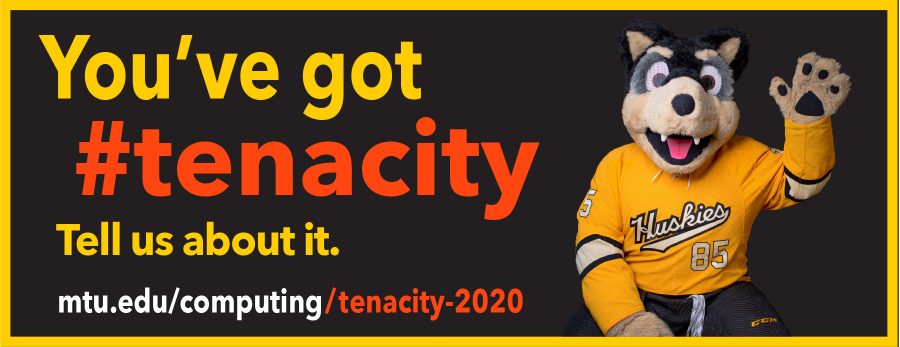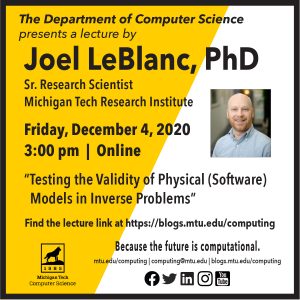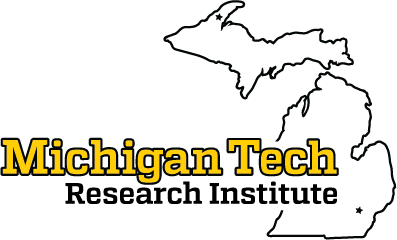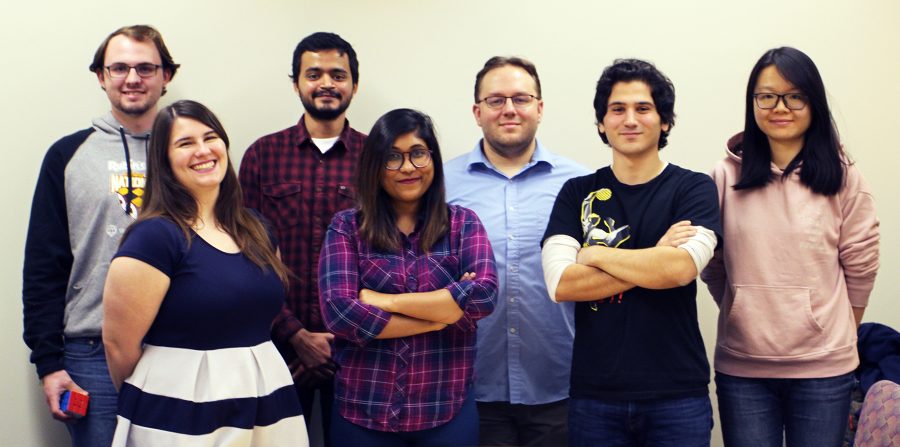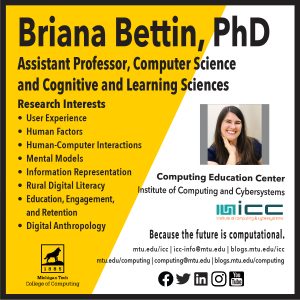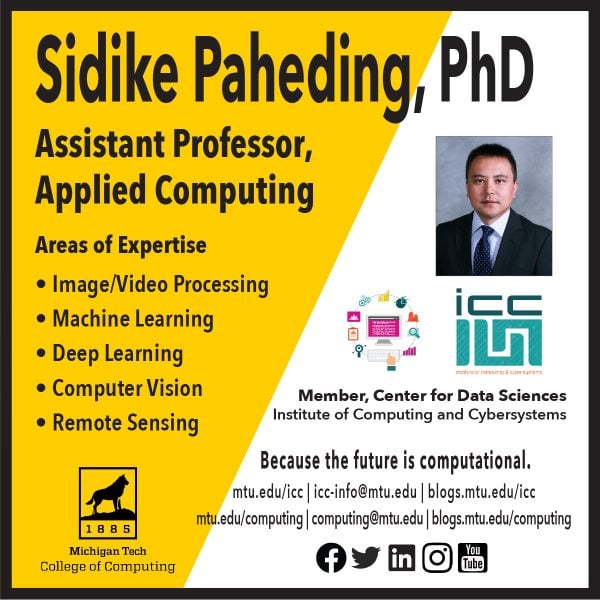
Assistant Professor Sidike Paheding, Applied Computing, will present his lecture, “Deep Neural Networks for UAV and Satellite Remote Sensing Image Analysis,” on Dec. 11, 2020, at 3:00 p.m. via online meeting.
Paheding’s research focuses on the areas of computer vision, machine learning, deep learning, image/video processing, and remote sensing.
The lecture is presented by the Department of Computer Science.
Lecture Abstract
Remote sensing data can provide non-destructive and instantaneous estimates of the earth’s surface over a large area, and has been accepted as a valuable tool for agriculture, weather, forestry, defense, biodiversity, etc. In recent years, deep neural networks (DNN), as a subset of machine learning. for remote sensing has gained significant interest due to advances in algorithm development, computing power, and sensor systems.
This talk will start with remote sensing image enhancement framework, and then primarily focuses on DNN architectures for crop yield prediction and heterogeneous agricultural landscape mapping using UAV and satellite imagery.
Speaker Biography
Paheding is an associate editor of the Springer journal Signal, Image, and Video Processing, ASPRS Journal Photogrammetric Engineering & Remote Sensing, and serves as a guest editor/reviewer for a number of reputed journals. He has advised students at undergraduate, M.S., and Ph.D. levels, and authored/coauthored close to 100 research articles.

